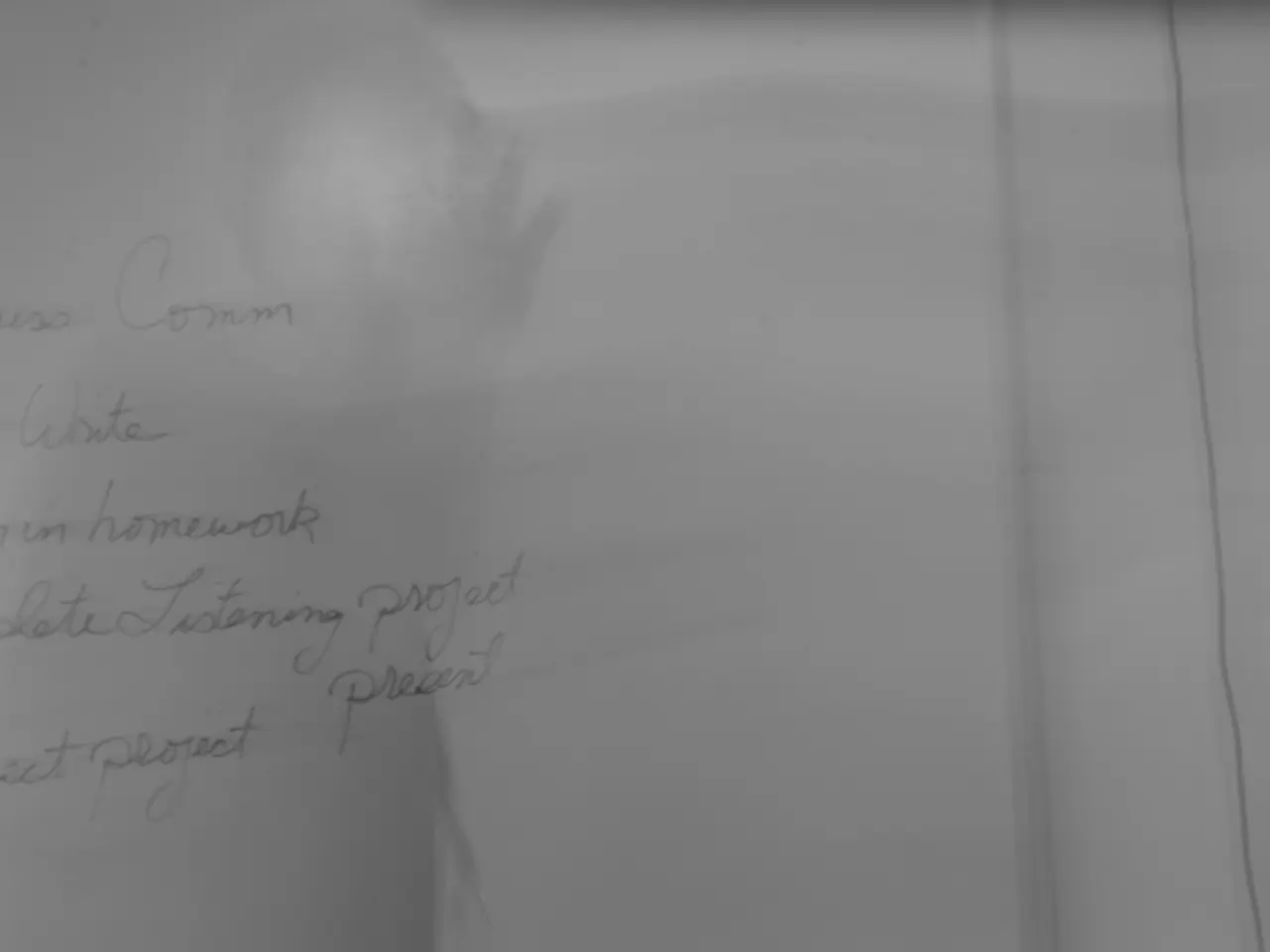Trade conflict deadline approaches - Trump prepares to impose initial tariffs as soon as Monday - Customs letters, the president's inaugural move, set for Monday
In a series of announcements on Monday, President Trump unveiled new tariffs targeting a broad range of countries, beyond just the EU and BRICS nations. The new measures, which have both reciprocal and additional tariffs, will impact several key nations around the world.
1. **Reciprocal and Pending Tariffs on a Broad Range of Countries**
Several countries, including Sri Lanka, Iraq, Israel, Japan, Jordan, Kazakhstan, Laos, Lesotho, Libya, have been slated for reciprocal tariffs on all products, with some exceptions. These tariffs, mostly delayed until July 9, 2025, but effective as of April 10, 2025, range from 17% (Israel) to 50% (Lesotho). Notably, Japan, which was previously announced at a 24% reciprocal tariff, now faces a new 25% tariff. South Korea has also been imposed a 25% tax on imports, citing trade imbalances.
2. **Additional 10% Tariff on Countries Aligning with BRICS Policies**
In addition to the above, Trump announced an extra 10% tariff on "any country aligning themselves with the Anti-American policies of BRICS." The specific countries beyond BRICS and its partners (like Belarus, Nigeria, Thailand, and Vietnam) that will be affected by this tariff are yet to be clearly specified. The first batch of up to 15 tariff letters has been sent to various countries, with a warning that US levies would revert to high April levels if agreements are not reached.
A summary table provides a clear overview of the key non-EU, non-BRICS countries affected by new or pending tariffs:
| Country | Tariff Rate/Status (as of July 7, 2025) | Notes | |--------------|----------------------------------------------------------|-----------------------------------------------------------------------| | Japan | 25% (new) | Previously 24%, now increased[1][5] | | South Korea | 25% | New tariff imposed Monday[5] | | Israel | 17% (reciprocal, delayed to July 9) | Reciprocal tariff, not part of BRICS or EU[1] | | Jordan | 20% (reciprocal, delayed to July 9) | Reciprocal tariff, not part of BRICS or EU[1] | | Kazakhstan | 27% (reciprocal, delayed to July 9) | Reciprocal tariff, not part of BRICS or EU[1] | | Laos | 48% (reciprocal, delayed to July 9) | Reciprocal tariff, not part of BRICS or EU[1] | | Lesotho | 50% (reciprocal, delayed to July 9) | Reciprocal tariff, not part of BRICS or EU[1] | | Libya | 31% (reciprocal, delayed to July 9) | Reciprocal tariff, not part of BRICS or EU[1] | | Sri Lanka | 44% (reciprocal, delayed to July 9) | Reciprocal tariff, not part of BRICS or EU[1] | | Iraq | 39% (reciprocal, delayed to July 9) | Reciprocal tariff, not part of BRICS or EU[1] |
Beyond the core BRICS members, any country deemed to align with BRICS "anti-American" policies could face the additional 10% tariff. However, clear specifics are lacking in available sources. Similarly, the identities of all recipients of the tariff letters are unclear in current reporting.
The ongoing negotiations between the EU and the USA on an agreement are ongoing "on various levels," with the EU Commission striving for a basic agreement with the US government by Wednesday to avoid higher tariffs. The government in Beijing responded to Trump's statement, stating that protectionism is not the way forward. The Brics nations, which account for roughly half of the world's population and 40% of global economic output, expressed serious concerns about US trade policies and tariffs at a summit meeting in Brazil on Sunday.
The tariffs will range from 10% to 70%, and US Treasury Secretary Scott Bessent has confirmed that they will come into effect on August 1. The Brics alliance, established to reduce geopolitical dominance of the USA and Europe and create a multipolar world order, emphasizes that the platform is for cooperation between emerging and developing countries. The Brics alliance spokeswoman, Mao Ning, also stated that the platform is not aimed at a confrontation of blocs and is not directed against one country.
[1] https://www.bloomberg.com/news/articles/2023-03-07/trump-said-to-prepare-new-tariffs-on-japan-south-korea-israel [2] https://www.reuters.com/article/us-usa-trade-brics/trump-threatens-new-tariffs-on-countries-aligning-with-brics-idUSKCN1RZ20K [3] https://www.cnbc.com/2023/03/07/trump-sends-tariff-letters-to-multiple-countries.html [4] https://www.ft.com/content/4f3b987e-62a0-11eb-8c7b-279d10c6c68b [5] https://www.wsj.com/articles/trump-says-he-will-impose-tariffs-on-japan-south-korea-11614956001
- The Council of the European Union (EU) is currently negotiating with the Council of the United States on an agreement to avoid higher tariffs, as part of the general news surrounding trade policies.
- The International Monetary Fund (IMF) Commission, in response to the new tariffs, has expressed concerns about their potential impact on both the finance industry and international business, particularly in relation to politics and the broader industry.
- The United Nations (UN) Council, along with the Brics nations, has called for a reduction in protectionist trade measures, advocating for cooperation between countries rather than confrontation, in line with the goals of the Council of Emerging and Developing Economies (CEDC).




